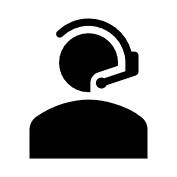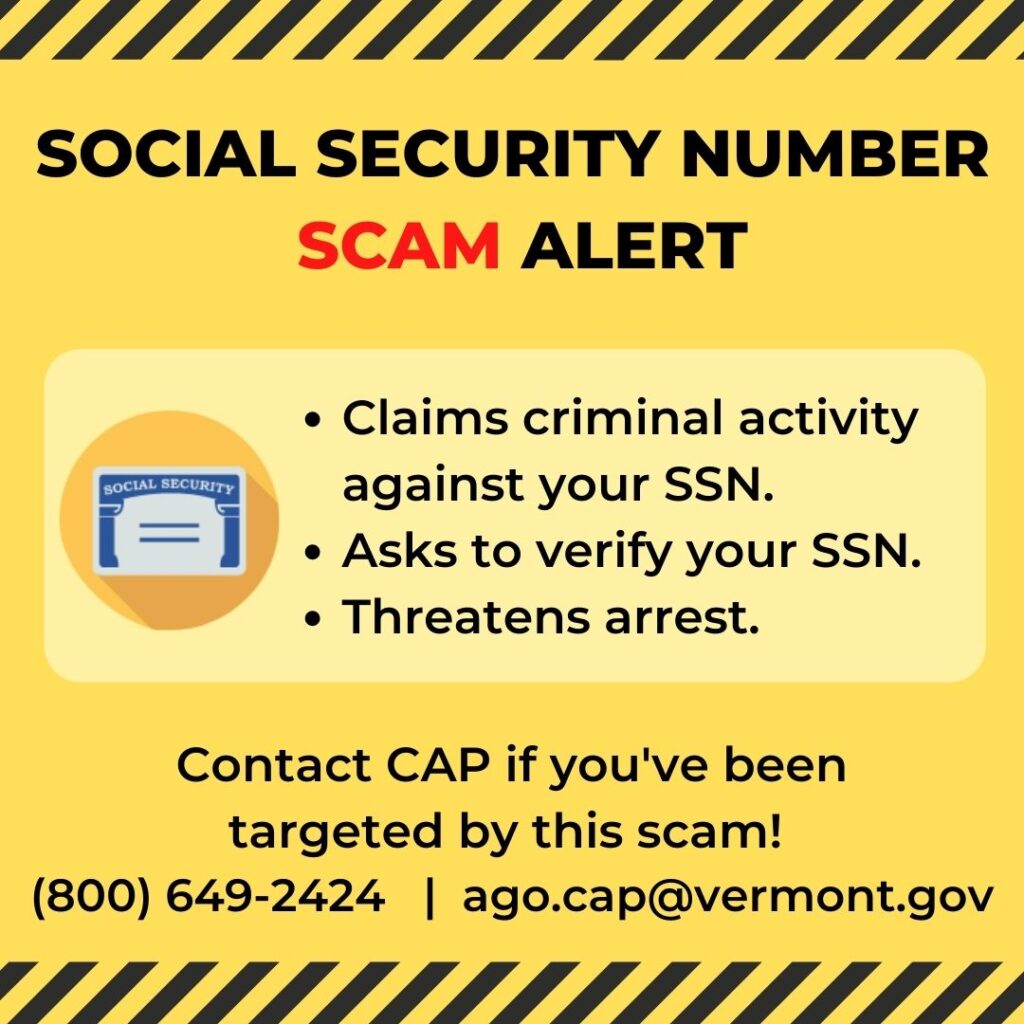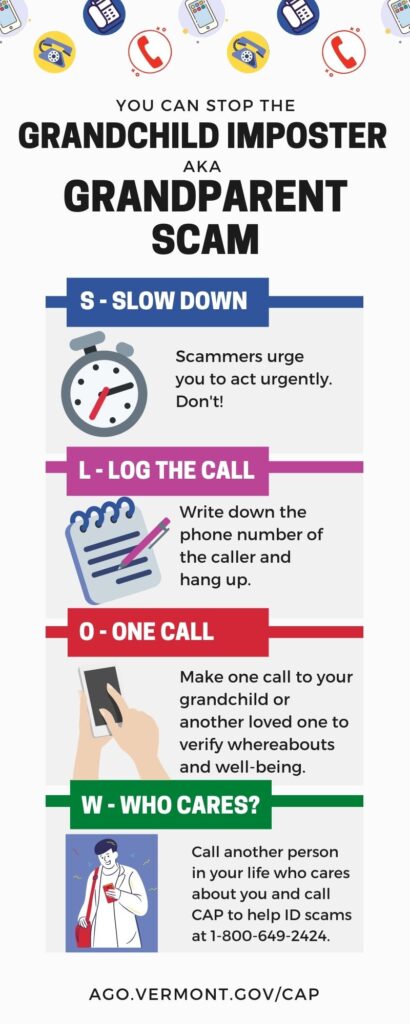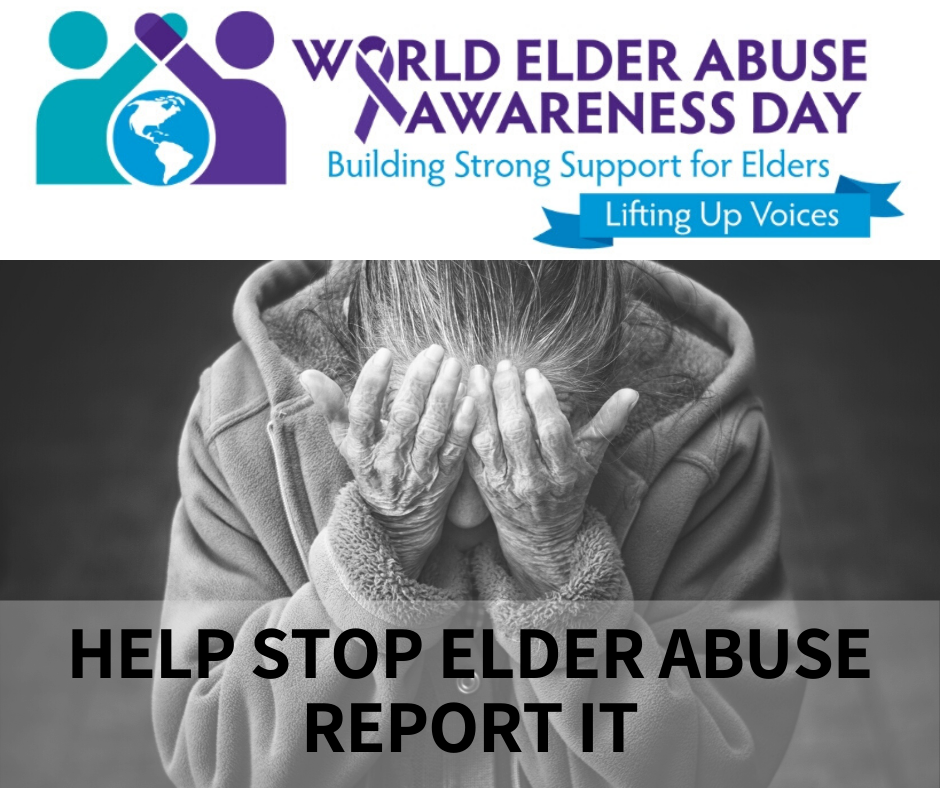By Crystal Baldwin
I don’t know about you, but I’ve been buying a lot more things online than I used to. If you’re like me, you might be having a hard time keeping track of it all. I buy things I need, but since I’m purchasing things I’d normally buy in brick and mortar retail, sometimes it’s hard to remember what I ordered and when it is supposed to arrive. There were times this summer, too, that I realized I never did receive a couple of items that I ordered. One item had even been recorded as delivered. I was lucky to notice so I could rectify the issue with the vendor and recoup my funds.
With online shopping ramping up and expected to continue to remain steady with the holiday giving season approaching, how can we be savvy online shoppers? As I prepare for the season, I am going to follow an online shopping plan:
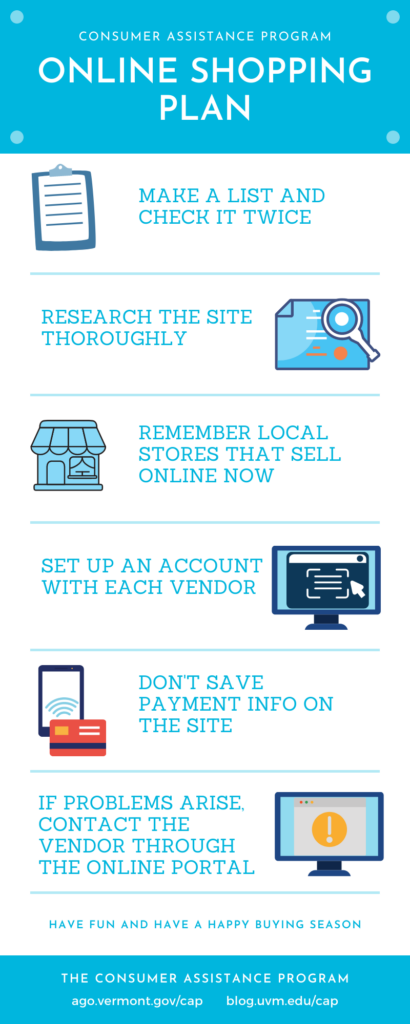
- Make a list and check it twice.—I know, but seriously. I am going to keep a list of what I plan to buy, update when it is purchased and document where from, write down the scheduled arrival date, and write down when it arrives. I may also write where in my house I hid it. I’ll probably keep this information in a password protected document to prevent prying eyes from seeing!
- Before I buy online, I will research the site thoroughly. There are several ways to do this, some of my favorites include checking consumer complaint sites like bbb.org, yelp.com, and ripoffreport.com. But, when I can’t find anything there, searching the business name and “complaints” or “scams” in my browser helps to locate reported consumer problems. I’ll also ask friends about sites they have used and their experience.
- I won’t forget about my favorite local stores. Many stores have moved online because of the pandemic. I’ll call local stores to double-check that they now have online ordering. If I want items delivered, I’ll check the cost of the delivery before confirming my order.
- When purchasing online, I will set up an account with each vendor. I’ll use unique usernames and passwords for each site, and use strict passwords (combinations of letters–upper and lower case, numbers, and symbols, that don’t spell out a dictionary word; and absolutely is not my dog’s name). I will use the same email address for all my online shopping though, for simplicity.—I’ll always know where to expect an order confirmation or delivery notice.
- I will not save my payment information on the site. This will help protect me in case the online account is breached at a later date.
- I will use a credit card for online shopping, because I know that credit cards have fraud protection and a chargeback dispute process for when items are not delivered. Recovering funds through newer pay services such as peer to peer payments, like Venmo, Zelle, Apple/Google Pay is not so easy due to having few regulated safeguards.
- If a problem occurs with my order, I will reach out to the company through the portal of my online account.
- I won’t take the bait of emails, calls, or texts that claim there are unauthorized funds on my account, or problems with my order. Instead, I’ll go back to the online account portal.
This last step is especially important right now. With the general increase of online shopping, our office has documented an increase in scam reports of emails, calls, or text messages that claim credit cards have been charged large sums of money by Amazon.com and other vendors. Consumers are invited to call company support to dispute any charges that may be unauthorized. When consumers call the number provided, they are asked to provide credit card numbers and personal information and take steps to allow remote access to computers.
Last month, CAP was on Across the Fence talking about this important issue. Check out the video below.
My online shopping plan will help me to avoid scams when they crop up. I hope they help you, too. If an issue does arise, the Consumer Assistance Program is a resource to help mediate and resolve consumer transaction disputes. We provide letter mediation. When we receive a written complaint from you, we will reach out to the business on your behalf. You can find our online form here: https://ago.vermont.gov/cap/consumer-complaint/
I hope you have a safe and healthy holiday season.


